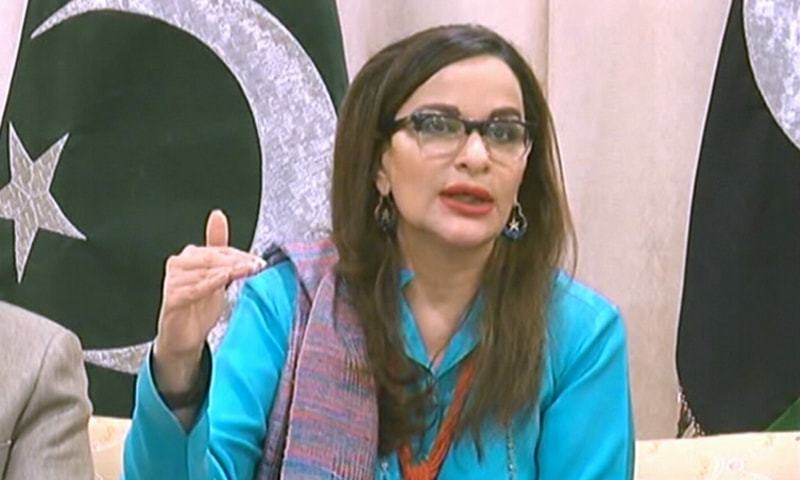Around 9,000 tonnes of waste and debris is thrown into the Lyari River every month by industries, municipal organisations and common people, and it has accumulated on the riverbed and in the Lyari harbour area, preventing rain and floodwater from flowing into the sea uninterrupted.
This shocking statistic was shared with Federal Climate Change Minister Senator Sherry Rehman at a roundtable in Karachi, where she announced the launch of a Lyari River clean-up drive in collaboration with public and private organisations.
Senator Rehman stressed the need for adopting an all-inclusive holistic approach and coordination among all stakeholders to cope up with repercussions of climate change and saving natural ecosystem from hazardous impacts of pollution.
The session was attended by Federal Minister for Maritime Affairs Syed Faisal Subzwari, Chairman Karachi Port Trust SM Tariq Huda, officers of relevant departments and organisations, representatives of the WWF-Pakistan, Unicef, multinational and national companies and public policy experts. She said climate change was a global issue and individual efforts could not prove helpful, so all the relevant government departments and public organisations, international organisations, trade and industrial communities and all other stakeholders had to play a proactive role in a well-coordinated manner. She said unprecedented rains and floods had affected one- third area of the country and millions of people and proved once again that Pakistan was the most vulnerable country to climate change.
The entire country received rains higher than the annual average, causing inundation of a vast area, she said and presented the example of the Pad Eidan town of the Naushehro Feroze district of Sindh where over 700mm rain was recorded in just one day.
She said that National and Indus Highways, two main highways connecting the South to the northern parts of the country, were under water, while finding suitable places to set up tent cities for the displaced population in Sindh had become extremely difficult.
Monsoons were never like this as weather patterns had drastically changed and the monsoon that was considered a pleasant season in entire South Asia had become a symbol of disaster and destruction, she noted.In Pakistan it was the third consecutive year when the mercury rose to record highs to place the country among the hottest places in the world, while the wildfires’ phenomenon had also taken place in the country, she observed, adding that all these calamities were the result of climate change.
“We cannot stop climate change but we can ensure efforts, which are long overdue on our part.”
Senator Rehman said, adding that though there were certain issues of capacity and resources, every opportunity was important and the same must be utilised to improve the situation.She appreciated efforts for cleaning up the Lyari River and said the rivers of Karachi were on ventilator and the Lyari River had become a drain, while local industries were dumping waste materials in rivers regardless of laws and rules, resulting in the destruction of rivers and marine ecosystem.










